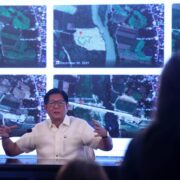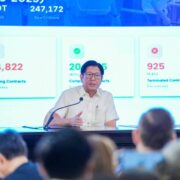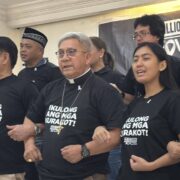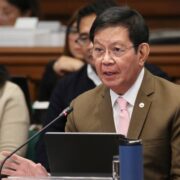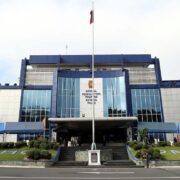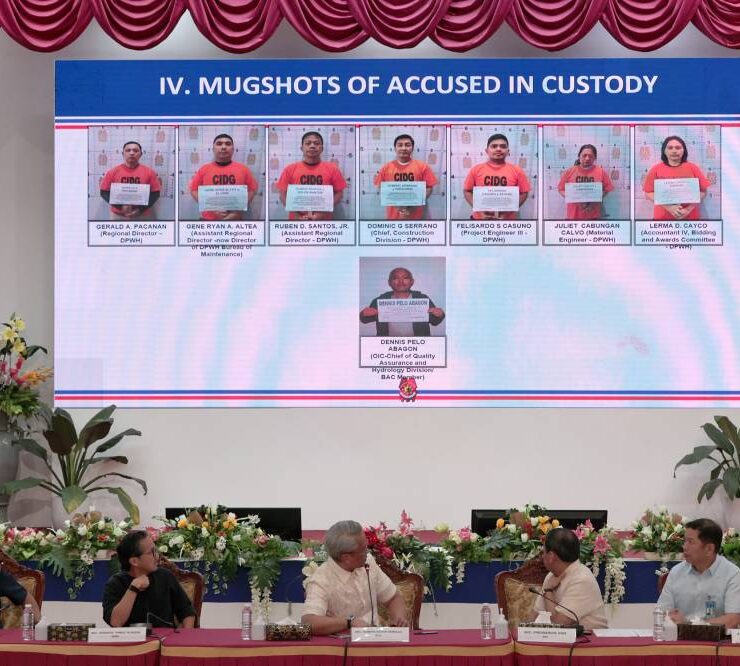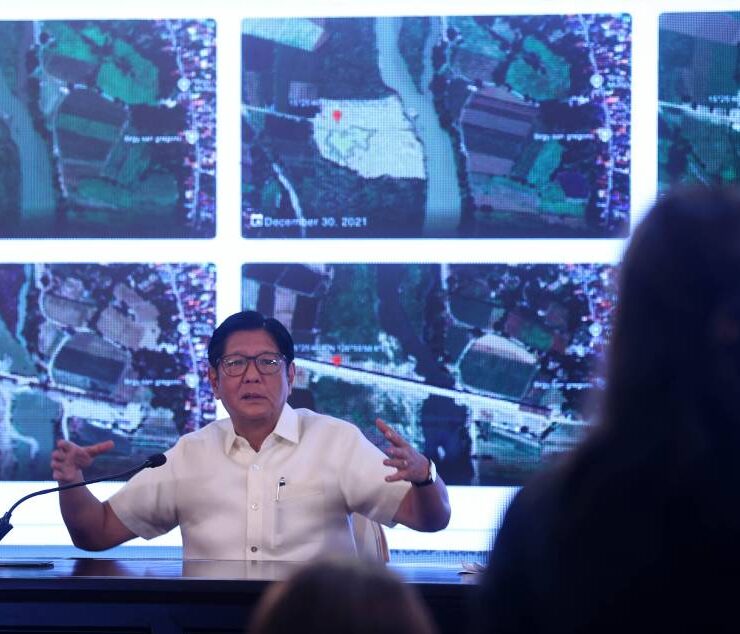CSC exec: Not so fast on new gov’t work sked
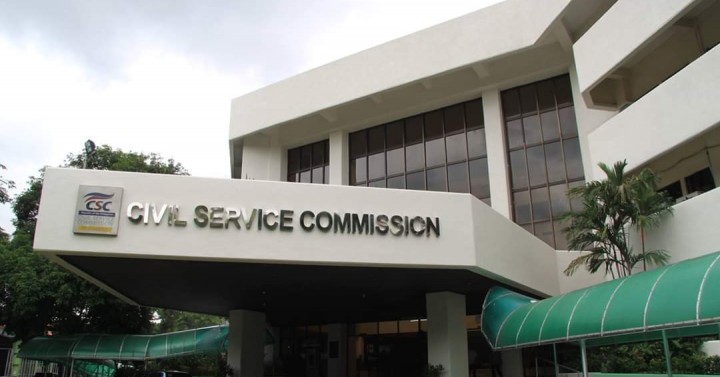
Should government operations be the one to make adjustments just because of the notorious traffic situation in Metro Manila?
Commissioner Aileen Lizada of the Civil Service Commission (CSC) posed this question in the wake of a recent proposal from the Metro Manila Development Authority (MMDA) to change the office hours of all government offices in the capital region in anticipation of major roadworks on Edsa this year.
“MMDA sees the situation in their lens: traffic. However, for the CSC we must look at the effects of these (changes) as it involves the transacting public,” Lizada told reporters in a Viber message on Tuesday.
She stressed the government’s obligation to ensure the timely completion of transactions, processing of applications or release of requested documents under Republic Act No. 9485, or the Anti-Red Tape Act of 2007.
“[Will] government offices, with frontline services, stop its operations to address the traffic concern? What is now the priority of the government agencies—the transacting public or traffic?,” the official said, adding:
“These are valid questions that need to be addressed. While the intention is good, this must be studied thoroughly.”
For recommendation
Lizada earlier served as a transport official and spokesperson of the Land Transportation and Franchising and Regulatory Board during the Duterte administration.
She shared her views a week after the MMDA said it would recommend to President Marcos a new government work schedule — from 7 a.m. to 4 p.m. — to replace the 8-to-5 shift.
MMDA Chair Don Artes then said that the one-hour adjustment would “surely help in terms of public transport” as it would factor in the nearly half-a-million government workers in the metropolis.
Latest data from the CSC showed that there are currently 2.04 million career and noncareer public sector employees nationwide, with 22 percent of them based in Metro Manila.
Asked about the MMDA proposal on Monday, President Marcos said he was open to studying it further, telling reporters that “If it works, we’ll do it.”
Versatile options
But Lizada said the CSC had already come up with versatile work options for government workers, such as the “compressed” four-day work week, work-from-home arrangements, and the setup of satellite offices.
In its Memorandum Circular No. 6 issued in June 2022, when the country was still coping with the pandemic, the commission outlined the policies allowing “flexible working arrangements.”
The “Flexiplace” option, for example, lets the staff work at a location outside their office. A “skeleton” workforce was also allowed when a complete lineup was not possible.
The CSC also permitted a compressed work schedule wherein the 40-hour workweek may be rendered in just four days, instead of the regular five.
“Flexitime” allows workers to chose their schedule as long as it does not start earlier than 7 a.m. and end later than 7 p.m.
Under the memo, the agencies should still ensure that frontline services remain available to the public from 8 a.m. to 5 p.m.



